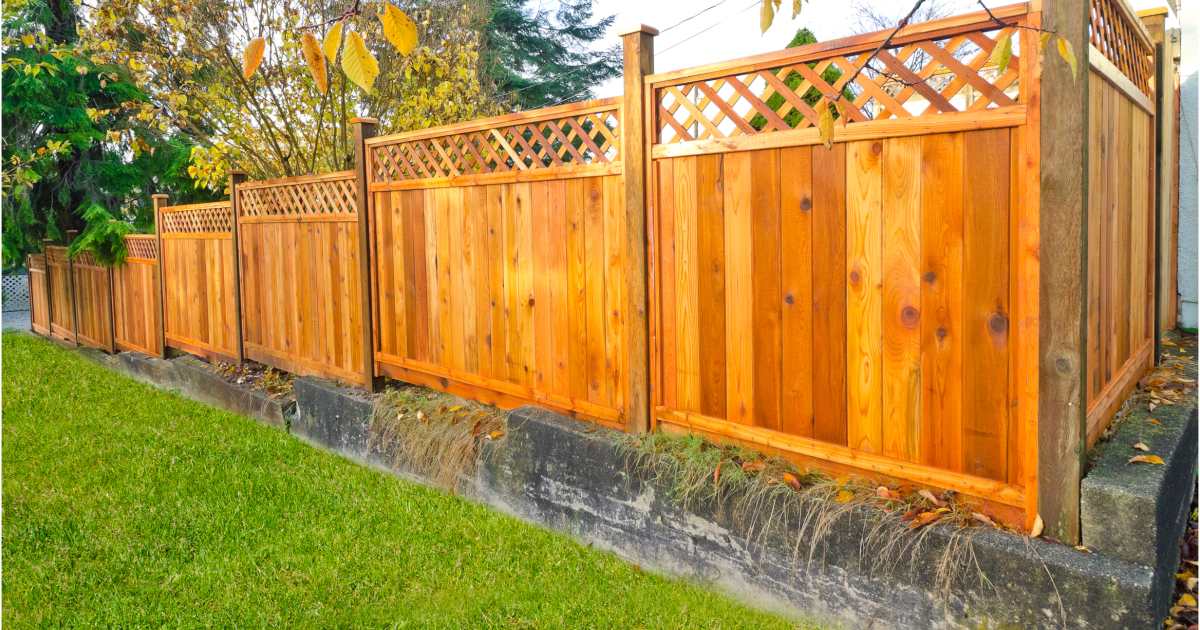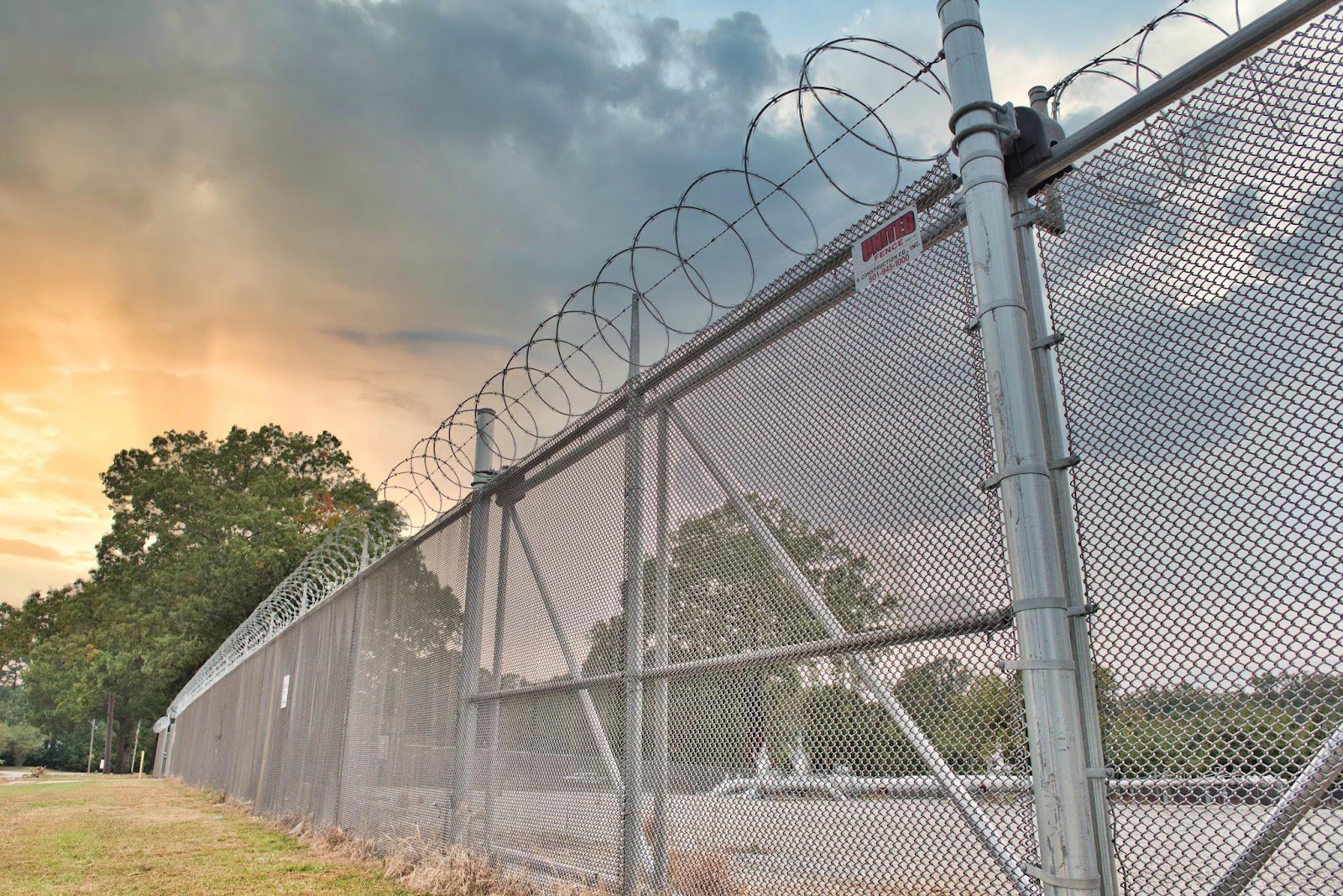All Categories
Featured

As sustainability becomes a progressively essential factor to consider for home owners, even more people are transforming to eco-friendly fencing products. Whether you're building a fence for personal privacy, protection, or visual functions, picking materials that decrease ecological influence is a great method to add to a much healthier earth. Right here's a take a look at the leading environment-friendly fencing products available today and their benefits.
- Bamboo Fence: Fast-Growing and Renewable. Bamboo is among one of the most sustainable fencing materials on the market. Unlike conventional wood, bamboo is unbelievably fast-growing, which suggests it can be collected without depleting woodlands. This makes it a very renewable energy, with some species growing up to 3 feet in a solitary day.
Ecological Benefits: Bamboo soaks up more co2 than several various other plants, assisting to balance out greenhouse gases. Its quick development price implies it can be harvested routinely, making it an eco-friendly material. Toughness: Bamboo fences are normally immune to bugs and degeneration, particularly when appropriately dealt with, reducing the need for chemical treatments. Visual Appeal: Bamboo supplies an unique, natural look that enhances both modern and conventional landscape design layouts. Nonetheless, while bamboo is an excellent choice, it is necessary to make certain that the bamboo used is properly sourced to avoid adding to environmental deterioration.
- Recycled Steel Secure Fencing: Multiple-use and sturdy. Recycled metal fence, such as light weight aluminum or steel, offers an environmentally friendly alternative to standard timber fences. These metals are often made from recycled products, lowering the demand for brand-new mining and the ecological effect related to extracting resources.

Environmental Advantages: Metals like aluminum and steel are 100% recyclable, suggesting they can be recycled and repurposed forever without shedding high quality. Toughness: Metal fencings are incredibly resilient, resistant to weather, pests, and wear, making them a resilient choice that does not require to be replaced frequently. Low Maintenance: Recycled metal fencings require marginal maintenance and do not need to be repainted or secured on a regular basis, minimizing the need for additional chemicals. The main disadvantage is that steel fencings may not supply the very same personal privacy as timber or vinyl options, as they can have spaces relying on the style.
- Recycled Timber Fence: Lasting and All-natural. For those who love the traditional look of wood however want an eco-friendly option, recycled timber fence is an excellent selection. This product is made from reclaimed wood from old structures, pallets, or perhaps furnishings, diverting these materials from garbage dumps.
Environmental Benefits: Utilizing recycled wood protects against the requirement to reduce down new trees, aiding to conserve forests and lower deforestation. Visual Allure: Recycled timber offers a rustic, natural look and can be personalized to suit any kind of home style. Sustainability: Considering that it is sourced from existing wood items, recycled wood does not require new processing, which decreases energy usage and carbon exhausts. While recycled wood fences are an environmentally friendly alternative, they might need more upkeep in time than metal or bamboo fences, as wood can be susceptible to decay and insects otherwise properly dealt with.

- Living Fencings: Natural and Environment-friendly. Living fences, which are made from dense growings like bushes, trees, or bushes, use a entirely all-natural and green choice to conventional fence materials. These fences not just provide privacy however also boost your garden with lovely plant.
Environmental Benefits: Living fences can absorb co2, offer habitat for wild animals, and improve air high quality. Sound Decrease: Dense growings can act as natural , reducing web traffic sound or various other unwanted noises. Aesthetic Allure: They add a soft, all-natural aesthetic to any home and can be customized to fit any type of layout. While living fences are environmentally friendly, they do require normal maintenance such as pruning, watering, and in some cases pest control.
- Hemp Secure Fencing: Strong and eco-friendly. Hemp is one more lasting material that has made its way into the secure fencing sector. Hemp fences are made from solid hemp fibers that are woven with each other to create environmentally friendly and long lasting panels.
Ecological Benefits: Hemp expands quickly and calls for minimal water, making it a resource-efficient crop. The product is biodegradable and can be composted when no longer needed. Toughness and Durability: Hemp fence is surprisingly strong and weather-resistant, making it ideal for numerous climates. Sustainability: Hemp farming calls for less chemicals and fertilizers than typical crops, making it an environmentally liable option. Hemp secure fencing may not be as commonly available as other materials, depending on your place.
Verdict: Sustainable Options for Every Requirement. Choosing eco-friendly secure fencing materials is a terrific means to minimize your environmental footprint while still attaining the personal privacy, safety and security, and visual you desire. From fast-growing bamboo to recycled timber and steel, there are a selection of lasting options that can aid you develop a stunning, practical fence while sustaining a healthier planet. By considering aspects such as resilience, maintenance, and environmental effect, you can pick the very best eco-friendly fence product for your needs and lifestyle.
Latest Posts
Reputable Industrial Roof Covering Services by Weathercraft
Published May 25, 25
1 min read
Uncover the Best Auto Repair Coupons in Montclare, Chicago
Published May 23, 25
1 min read
How to Know When Your Car Needs Skilled Car Repair at Montclare Auto Repair
Published May 23, 25
1 min read